I was able to trace our Bredimus ancestry back to the 1600’s and our McDonald side to the 1400’s. Our branch of the family was almost nipped in the bud when our father, Robert L. Bredimus, had near death experiences as a child; a buggy accident, a bull dog attack, and Rheumatic Fever. Seriously, we were damn lucky to be born.
Here is our immigrant past:
Alexander McDonald arrived from Scotland in Potomac in 1747 and settled in Virginia
Chas Coyle emigrated to Penn from Ireland in 1850 (see his coat of arms)
Michel Bredimus arrived Des Moines in 1867 from Luxembourg
William Hendrix arrived in 1870 from Oldenburg, Germany
To my surprise, the Bredimus side is not the most illustrious. McDonald wins with an epic tale of the son of a Scottish Nobleman killed at Culloden and the son banished to the British penal colony in America. See my notes below. I’d forgotten about the penal colonies until I started reading more about Australia’s history.
There might be traces left to find such as our Roman ancestry, but this is the best I can offer for now.
<><><>
In the British Isles but predominately in Scotland, there were efforts to restore James VII of Scotland (and his descendants of the House of Stuart) back to the throne. These efforts were called the “Jacobite Risings” and they took place in 1715, 1745 & 1746.
The final rising took place on 16 April 1746 and was called The Battle of Culloden. It took place near Inverness in the Scottish Highlands. The battle pitted the Jacobite forces (comprised of many Scottish clans and others) against the British government … i.e. Charles Edward Stewart (‘Bonnie Prince Charlie’) against William Cumberland (Duke of Cumberland).
Among the Jacobite forces was the Duke of Perth’s Division, consisting of Regiments . One of those regiments was “MacDonald of Glencoe’s Regiment”. It was a very small unit, of no more than 120 men, and was commanded by Alexander MacDonald of Glencoe. Instead of a regimental standard, the regiment is said to have marched behind a bunch of heather attached to a pike. The Unit surrendered to General Campbell on May 12, 1746, and had suffered 52 killed, 36 wounded.
The decisive defeat at Culloden prevented the Jacobite’s overthrow of the reigning ‘House of Hanover’ and prevented the restoration of the ‘House of Stewart’ to the British throne.
After (and because of his involvement in) the uprisings, Alexander MacDonald was banished to America.
The Alexander McDonald 1695-1783 was NOT Captain Alexander McDonald. Captain McDonald died at Culloden on the battlefield and was identified by the British General who knew him well. The Alexander that came to the Port of Potomac was a foot soldier and may have been the Captain’s son, but there were probably a dozen Alexander McDonald’s at Culloden. All the officers that survived, were sent to the Tower of London and Hanged, Drawn and Quartered. Only the troops were exiled to America.
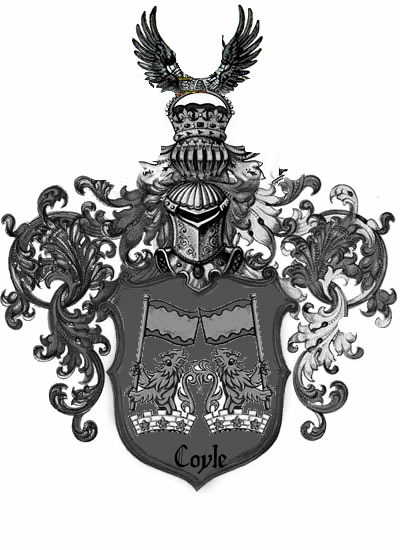
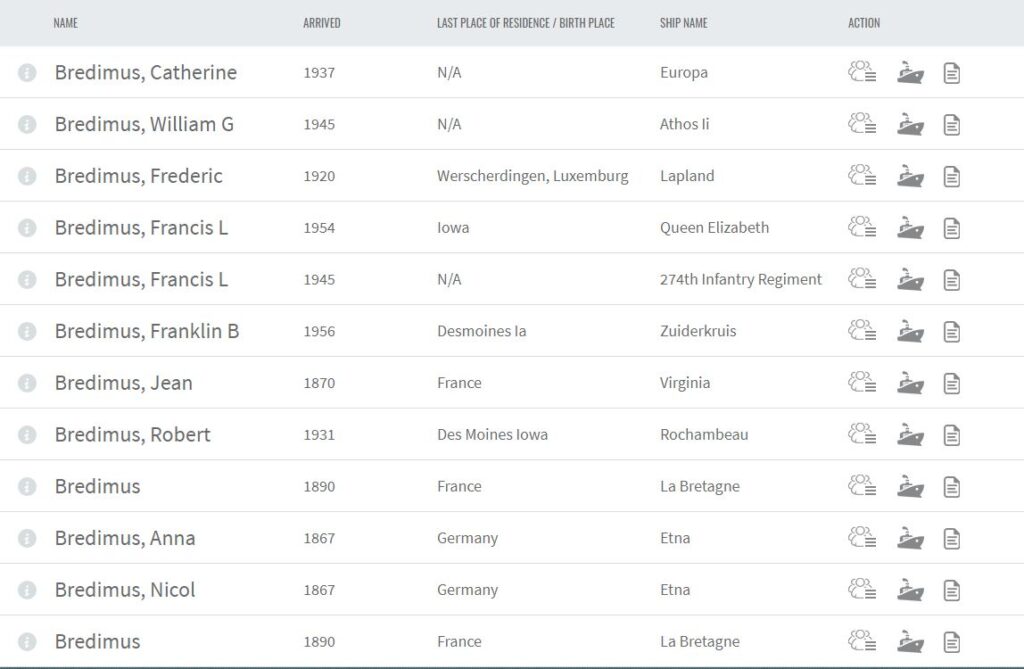

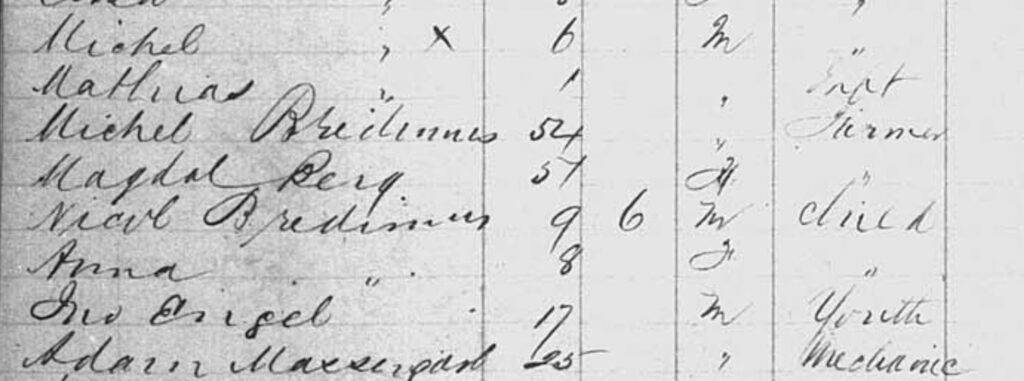

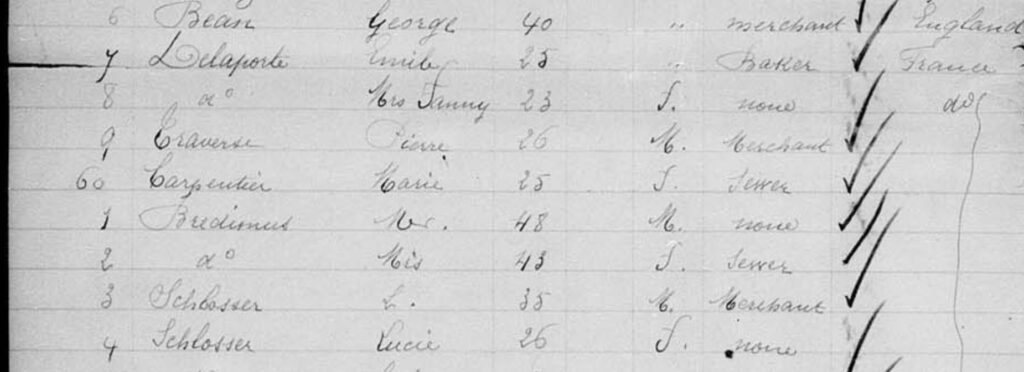
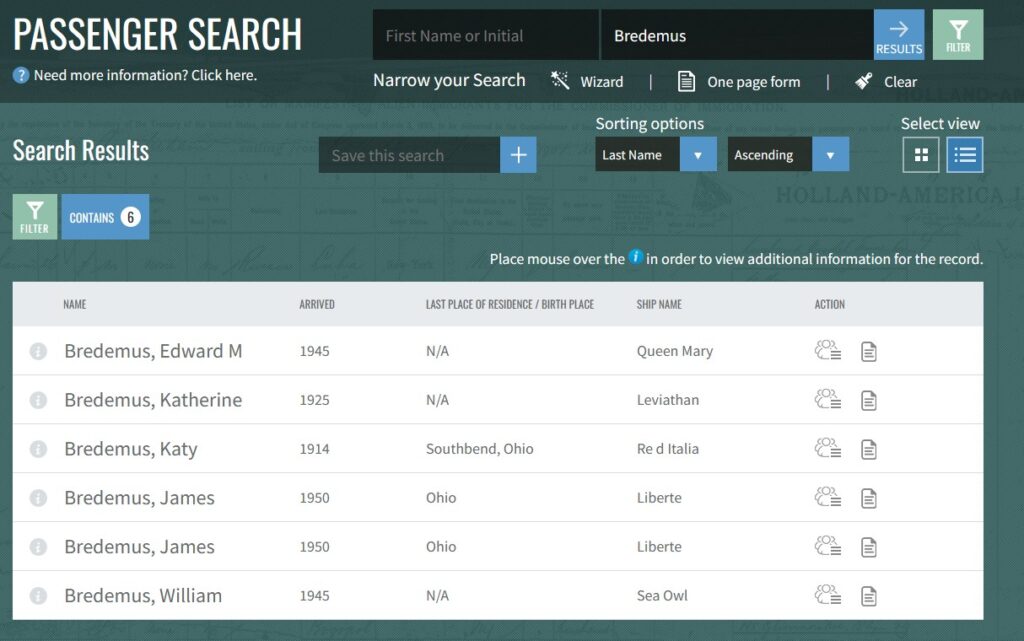
It is very likely that Bredemus and Bredimus have common ancestry. Comments about this can be made below.

There are a few genetic factors that I am curious about and your comments are welcome. First, I have a very rare blood type of O-Negative which is found in about 1% of the population. Second, I had my DNA tested for a long list of genetic pre-dispositions and they are all negative. The list includes some cancers. Third, I have been informed of Neanderthal DNA in our family lineage. It is unclear whether the Bredimus genes or McDonald genes are the source. How about your own factors?
Hello
My name is Dianne Jones and my great grandfather was named Nicholas or Niklaus Bredimus. He was born in Bous, Luxembourg and emigrated to Des Moines, IA in the 1860’s. We are most probably distantly related. I noted that you are O-Negative. I am A~Positive., but know my first cousins Mike Jones and Patricia Jones are O-Negative. I seem to recall that Mike was denied entry many years ago to the Air Force Academy because of his rare blood type . Thought you might find this interesting.